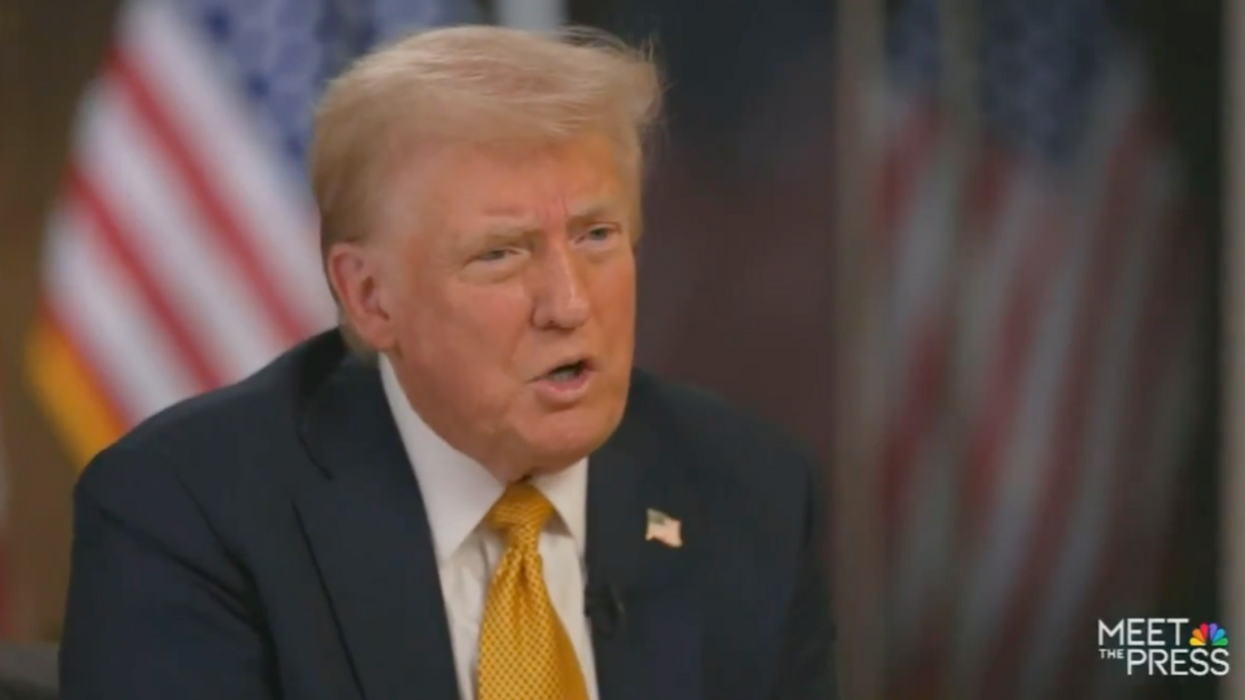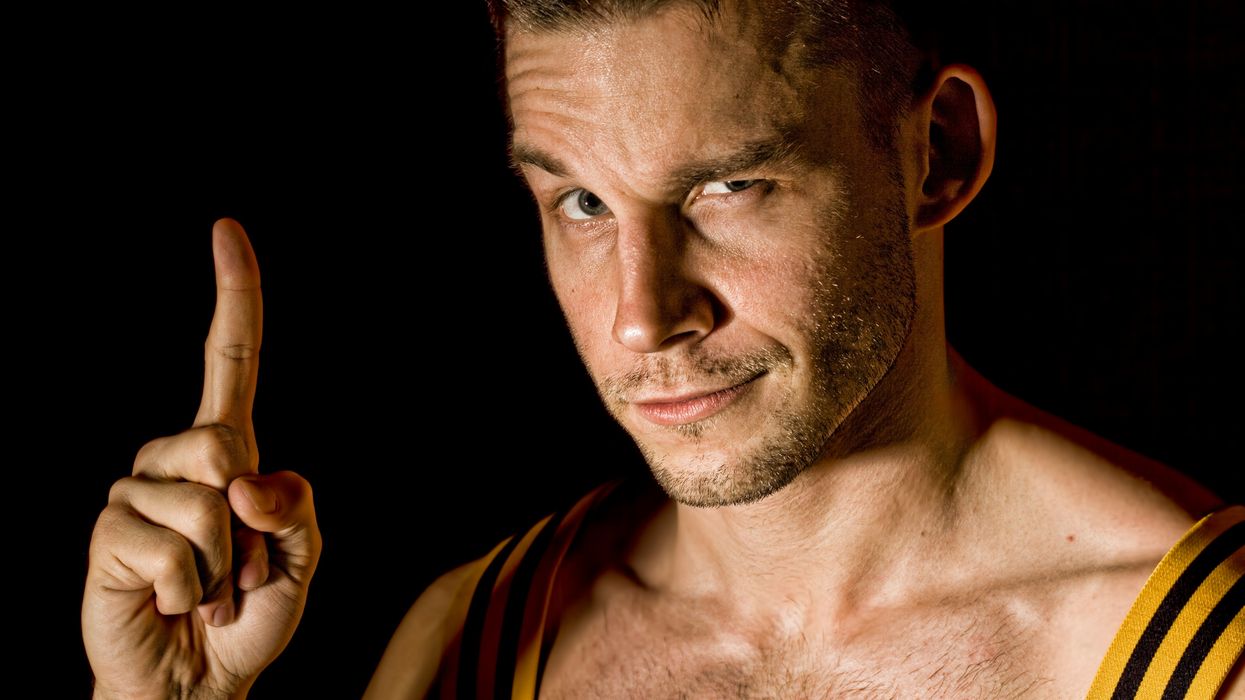Former President Donald Trump was widely criticized after sharing a fake photo on Truth Social of boxer Mike Tyson supposedly endorsing him with a shirt—but it was an altered screenshot from a video of Tyson wearing a completely different shirt.
The photo in question shows Tyson "wearing" a shirt that reads:
“If You Don’t Like Trump Then You Probably Won’t Like Me... And I’m OK With That.”
Trump shared it to his followers on the platform with a simple message:
"Thank you Mike!"
You can see Trump's post below.
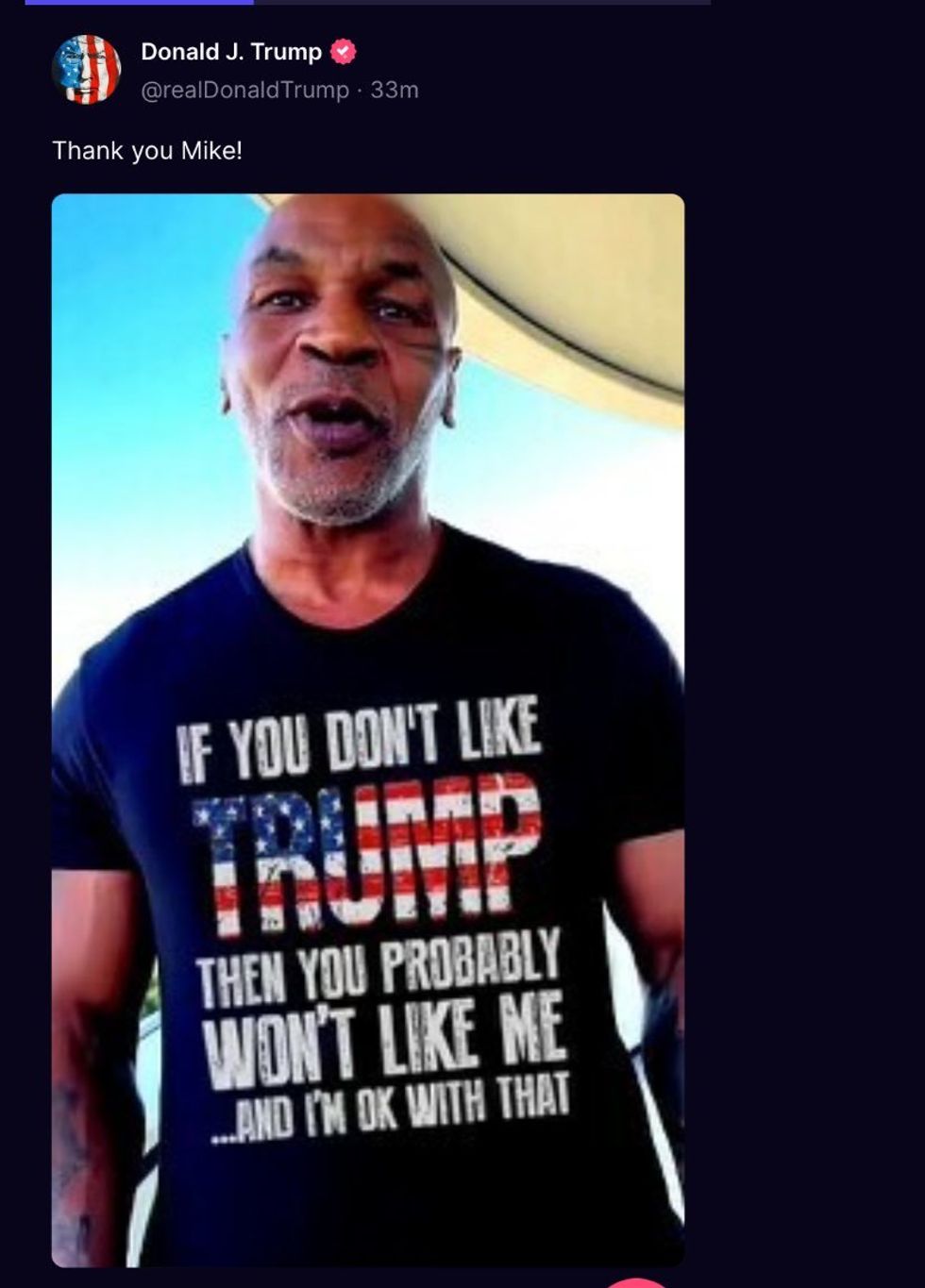
But Tyson has never worn a T-shirt displaying that message.
The picture Trump shared is an altered screenshot from a video Tyson posted in March, in which the boxer is actually wearing a "Sign the contract, big boy" tee, part of some apparel he's selling ahead of his match against Jake Paul in July.
Trump has maintained a friendship with Tyson over the years, notably defending him after the boxer was convicted of rape in 1992. And Tyson endorsed Trump ahead of the 2016 election, telling reporters that Trump “knows what it’s like when everybody is out to get you.”
Trump's decision to share the altered photo caught the attention of MeidasTouch Editor-in-Chief Ron Filipkowski, who shared an article from the website that Tyson's original post "contains a link to his clothing line" but that "No Trump shirts appear in Tyson’s store."
You can see Filipkowski's post below.
But the altered photo was nonetheless shared by pro-Trump accounts that amplified this misinformation.
There is no sign that Tyson endorsed Trump now—and people were quick to call Trump out for sharing the image in the first place.
BBC Panorama reported in March that Trump's supporters have been utilizing AI-generated deepfake images featuring Black voters to promote the idea of African Americans endorsing him.
The deepfakes, which manipulate visuals using artificial intelligence, portray Black individuals as Trump supporters, potentially aiming to influence a political narrative and help increase support for Trump among an elusive demographic.
Though there is no evidence the fake images are affiliated with the Trump campaign itself, they nonetheless represent an emerging disinformation trend leading up to the presidential election in November.



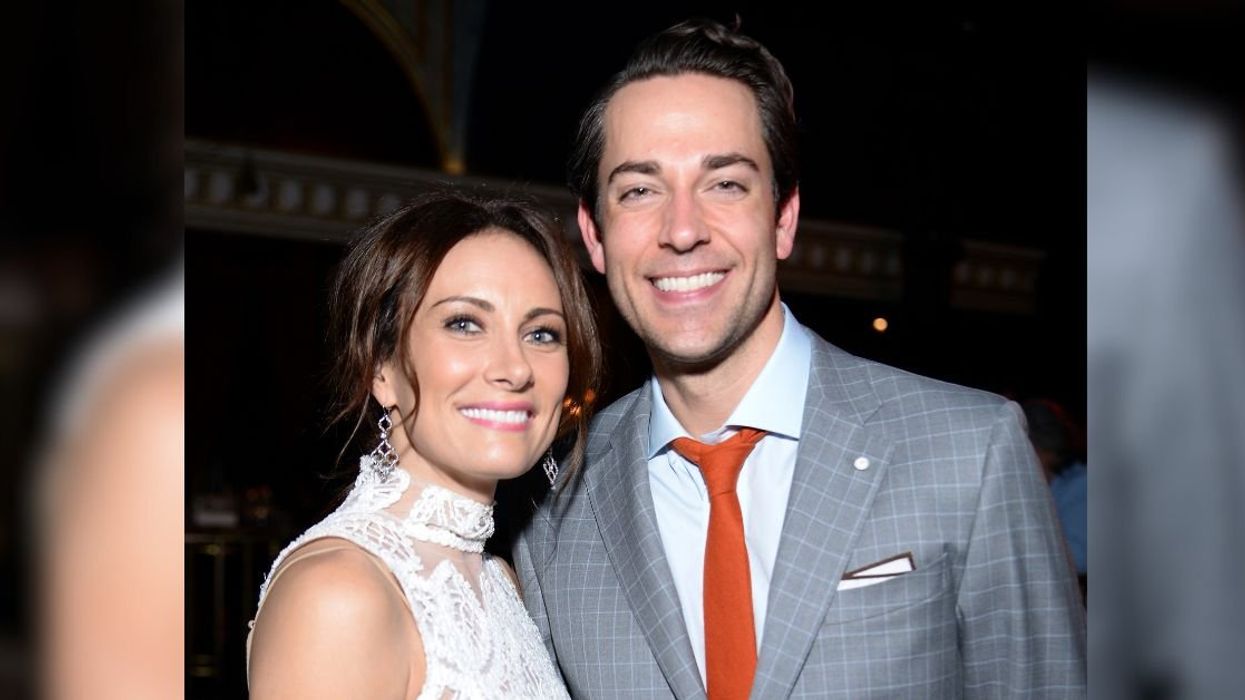
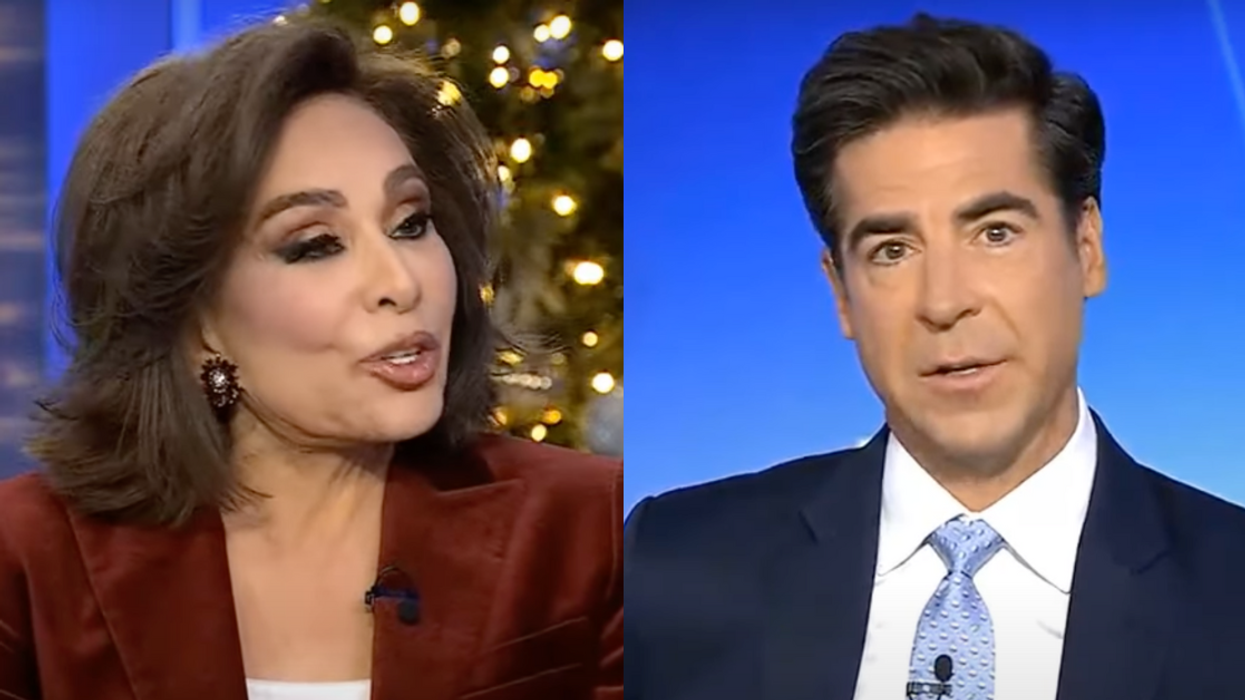
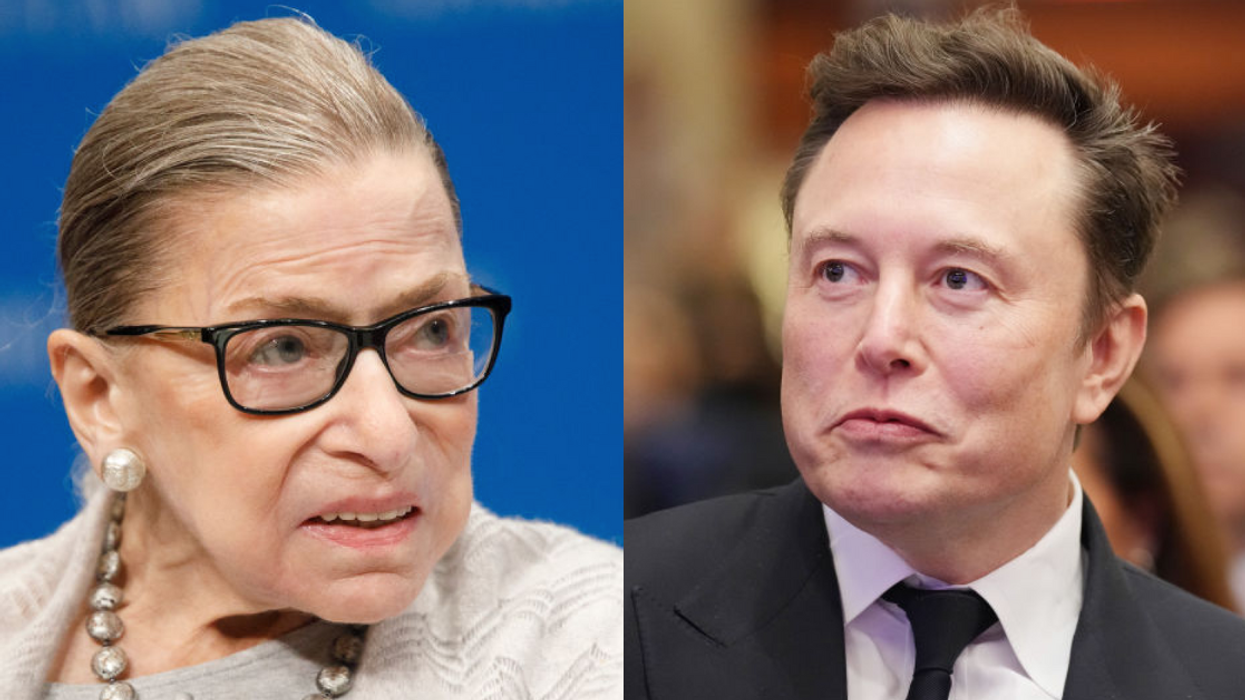
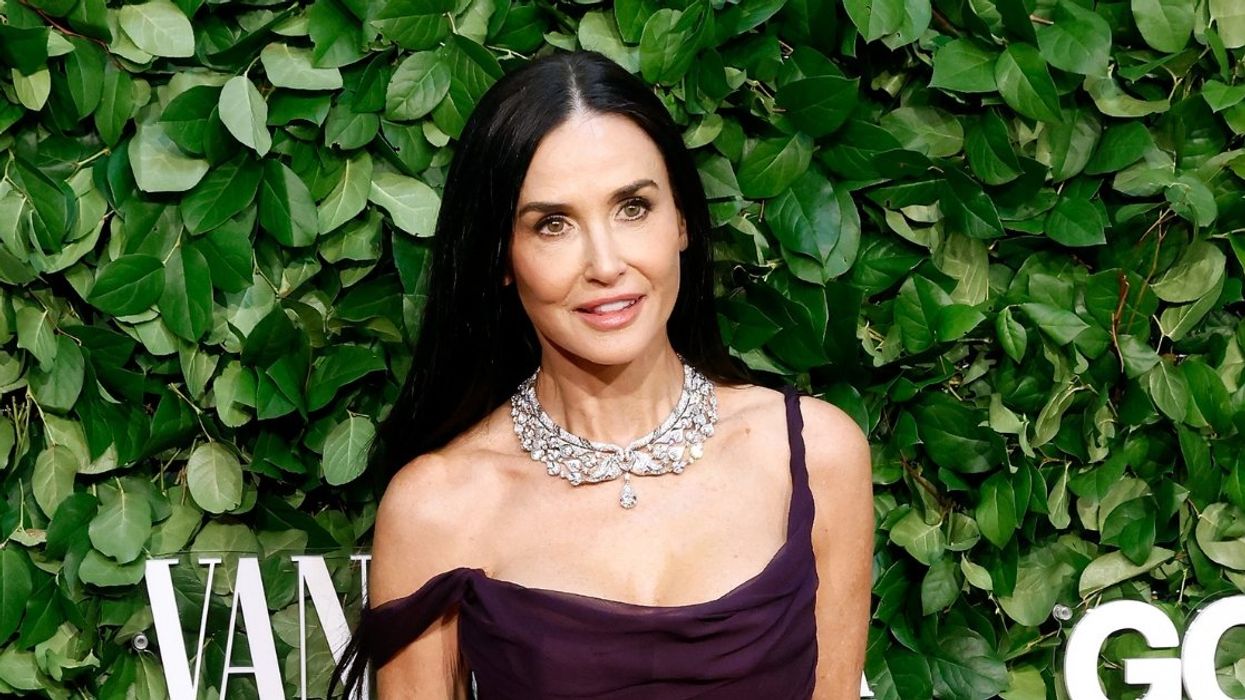
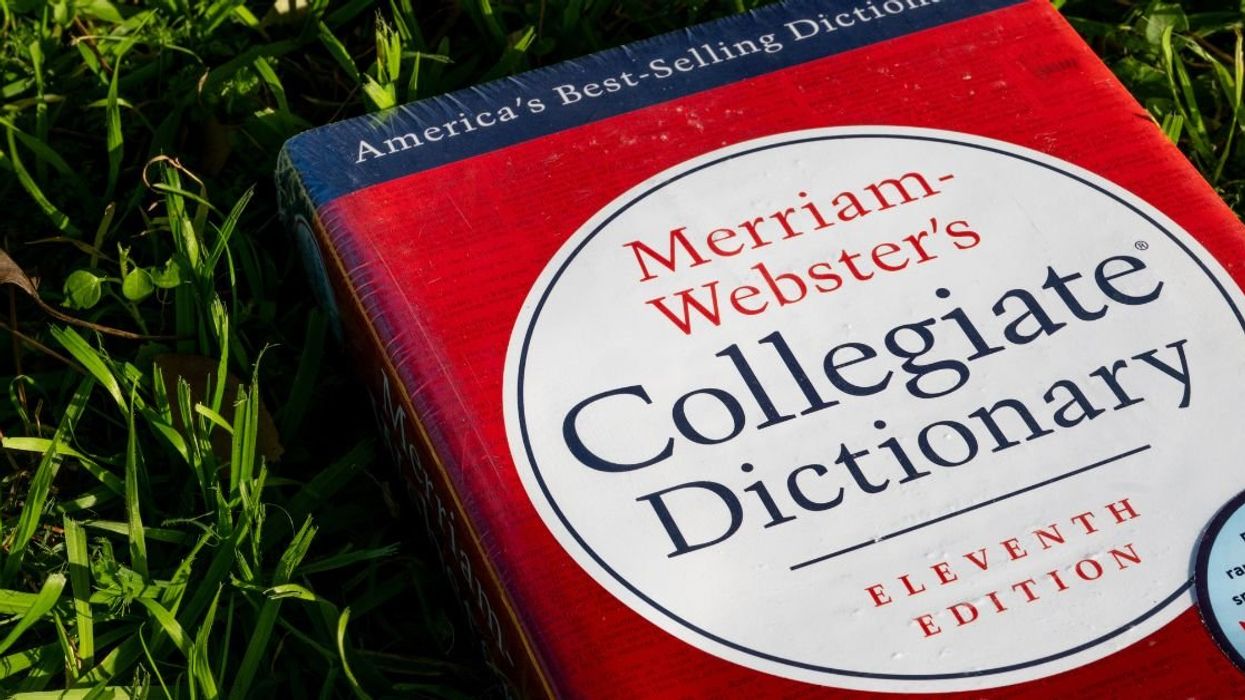
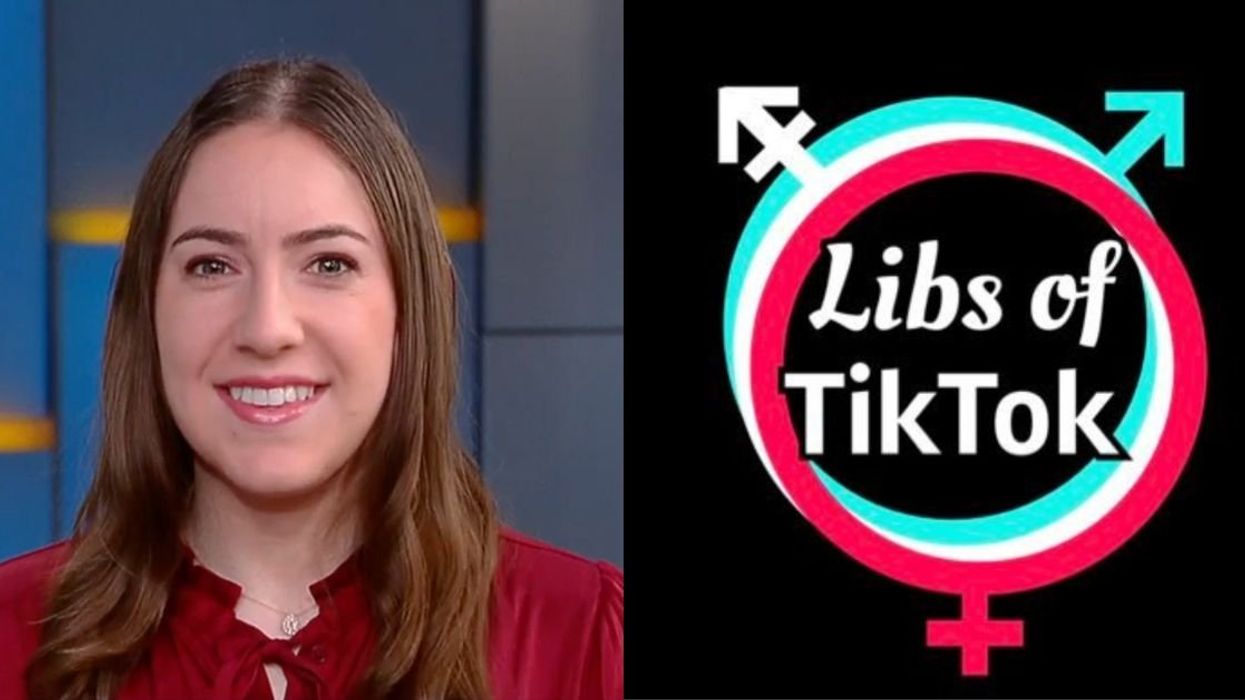
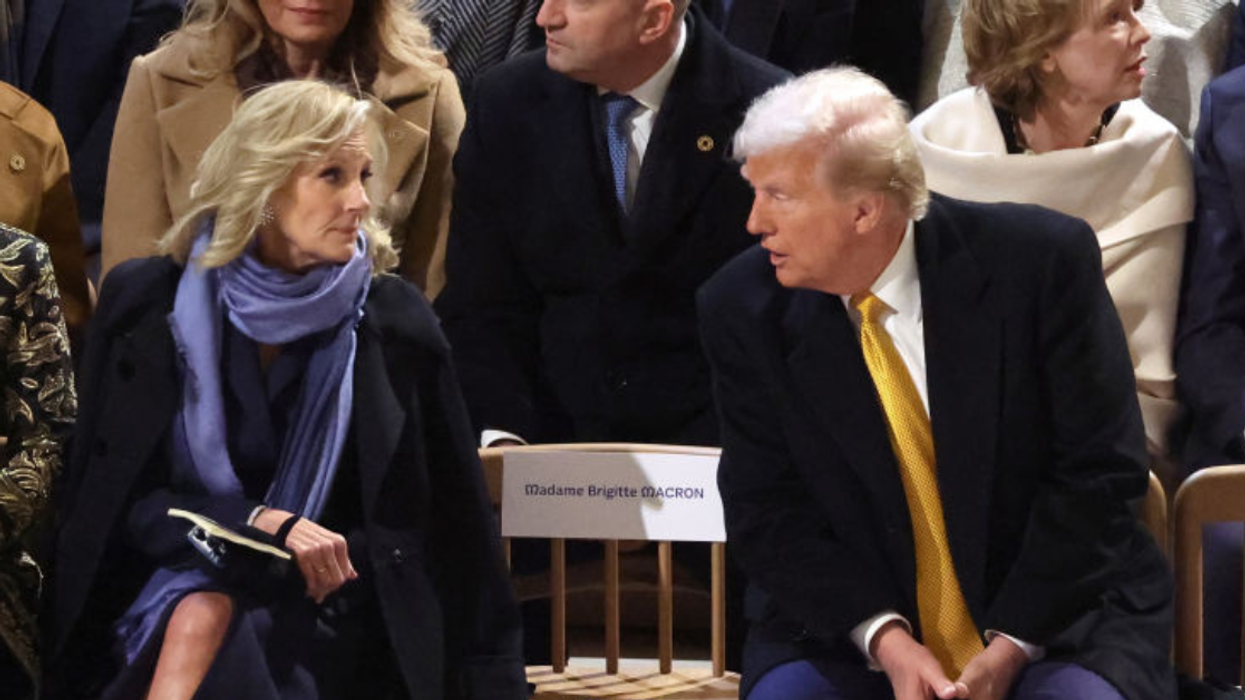
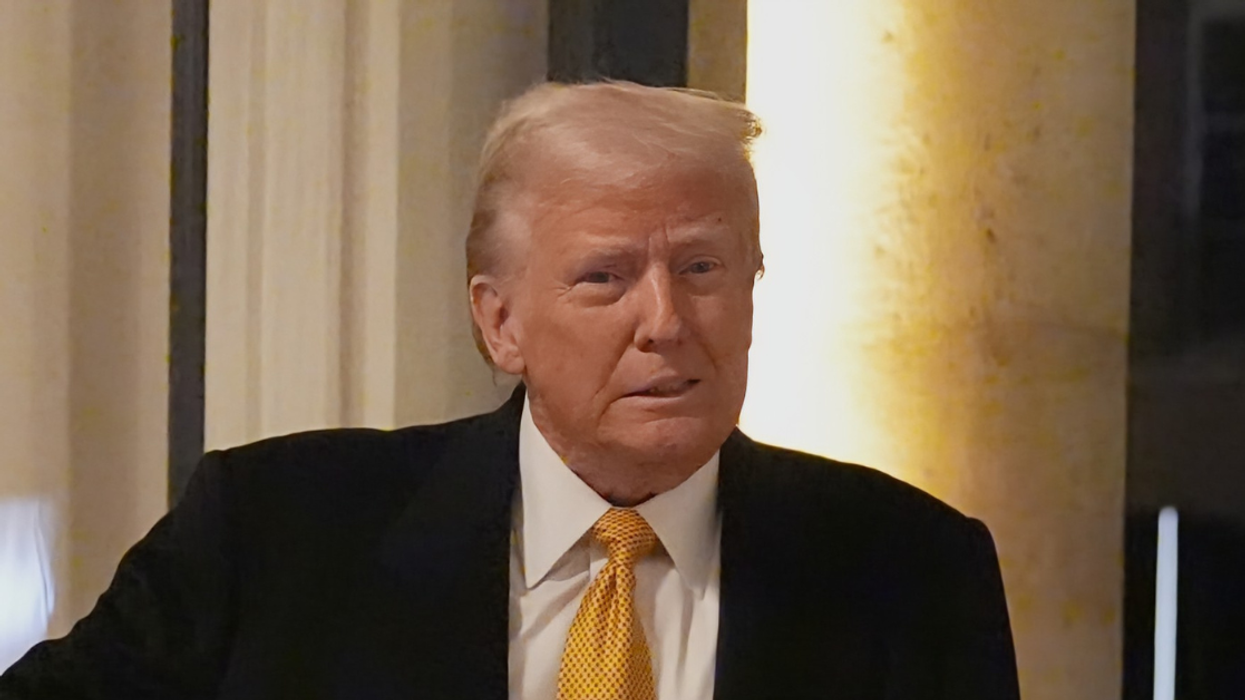
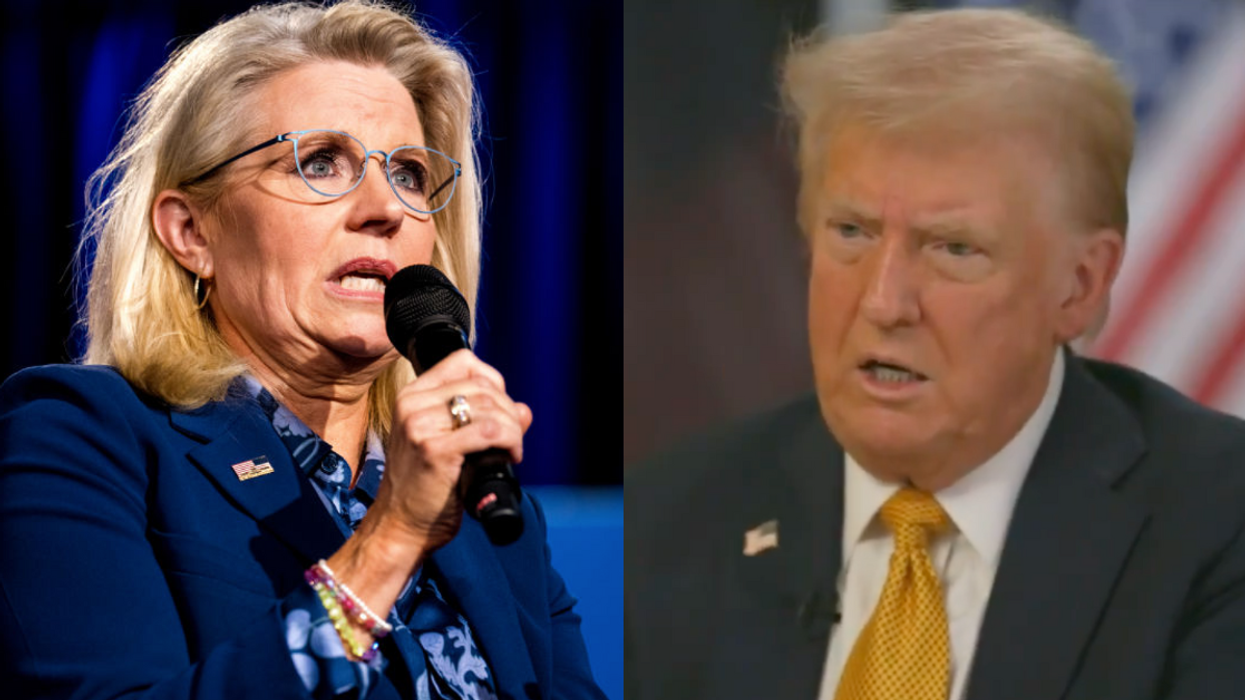
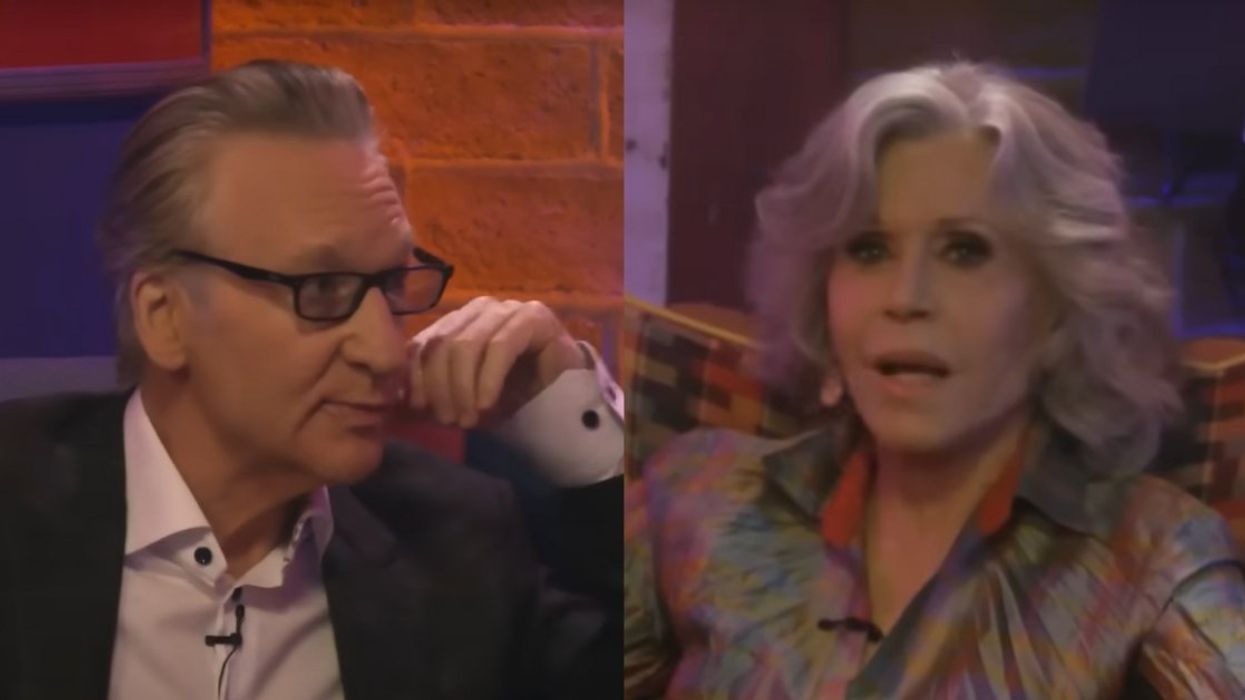
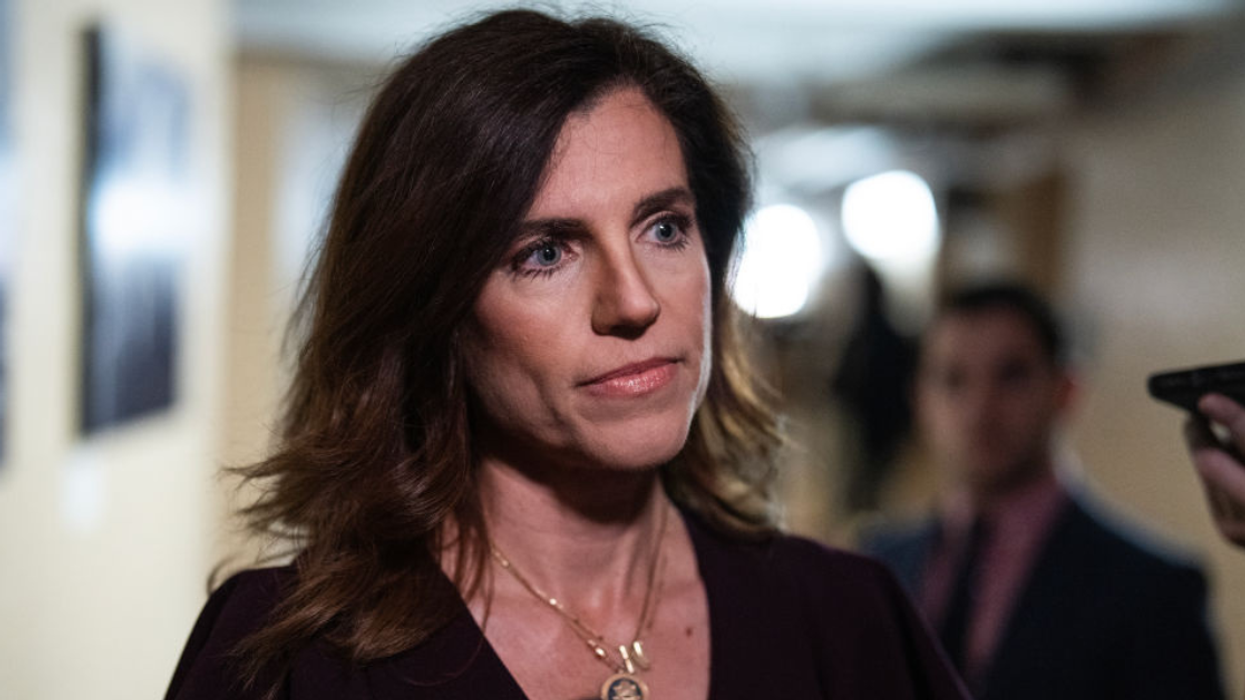
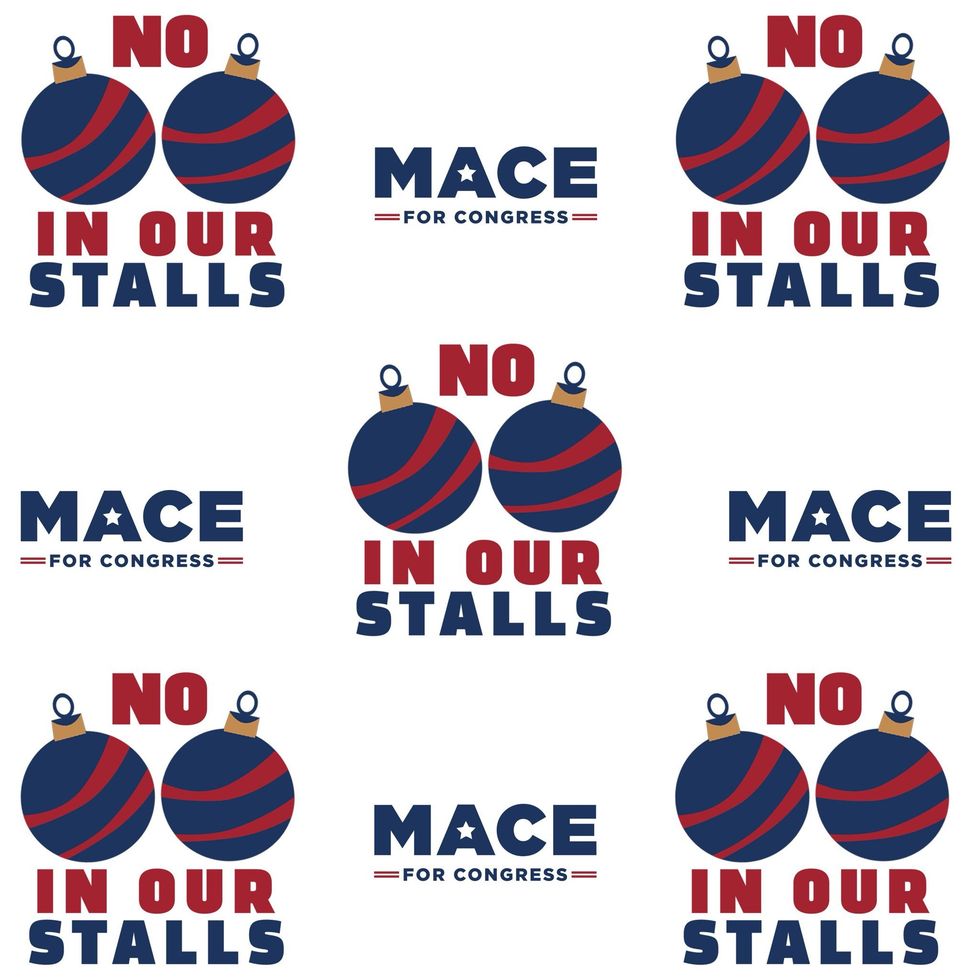 @NancyMace/X
@NancyMace/X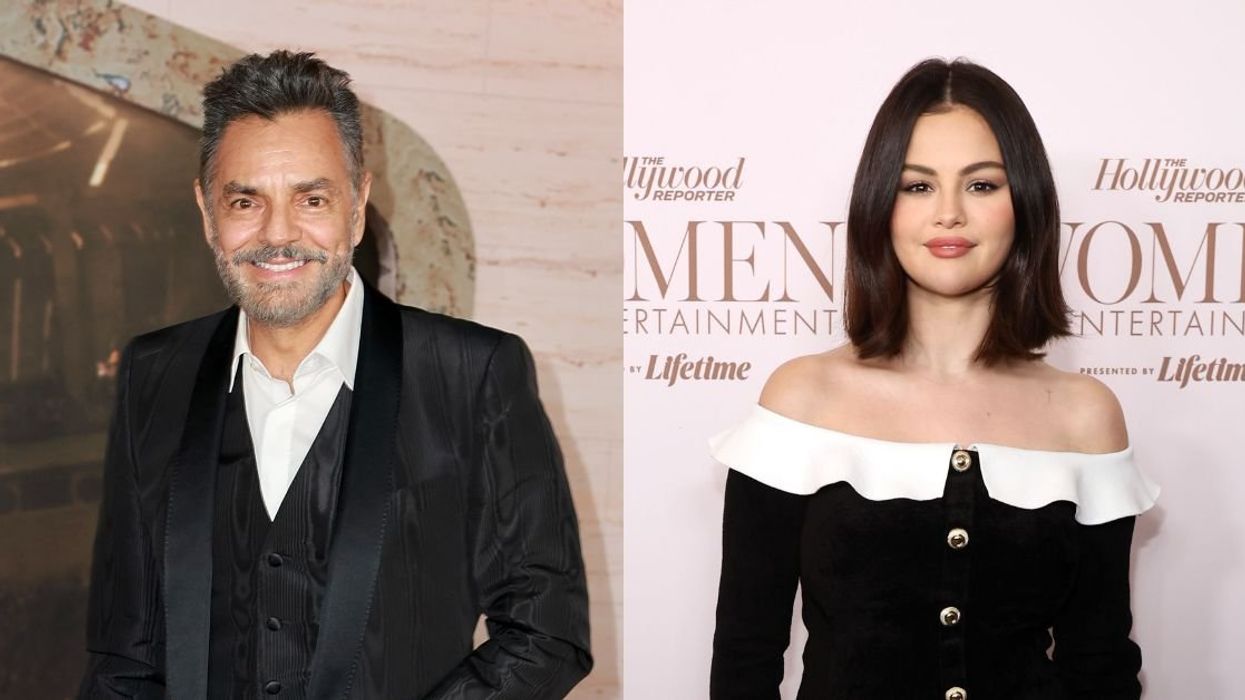
 @elviboreo/TikTok
@elviboreo/TikTok @elviboreo/TikTok
@elviboreo/TikTok @elviboreo/TikTok
@elviboreo/TikTok @elviboreo/TikTok
@elviboreo/TikTok @elviboreo/TikTok
@elviboreo/TikTok @elviboreo/TikTok
@elviboreo/TikTok @elviboreo/TikTok
@elviboreo/TikTok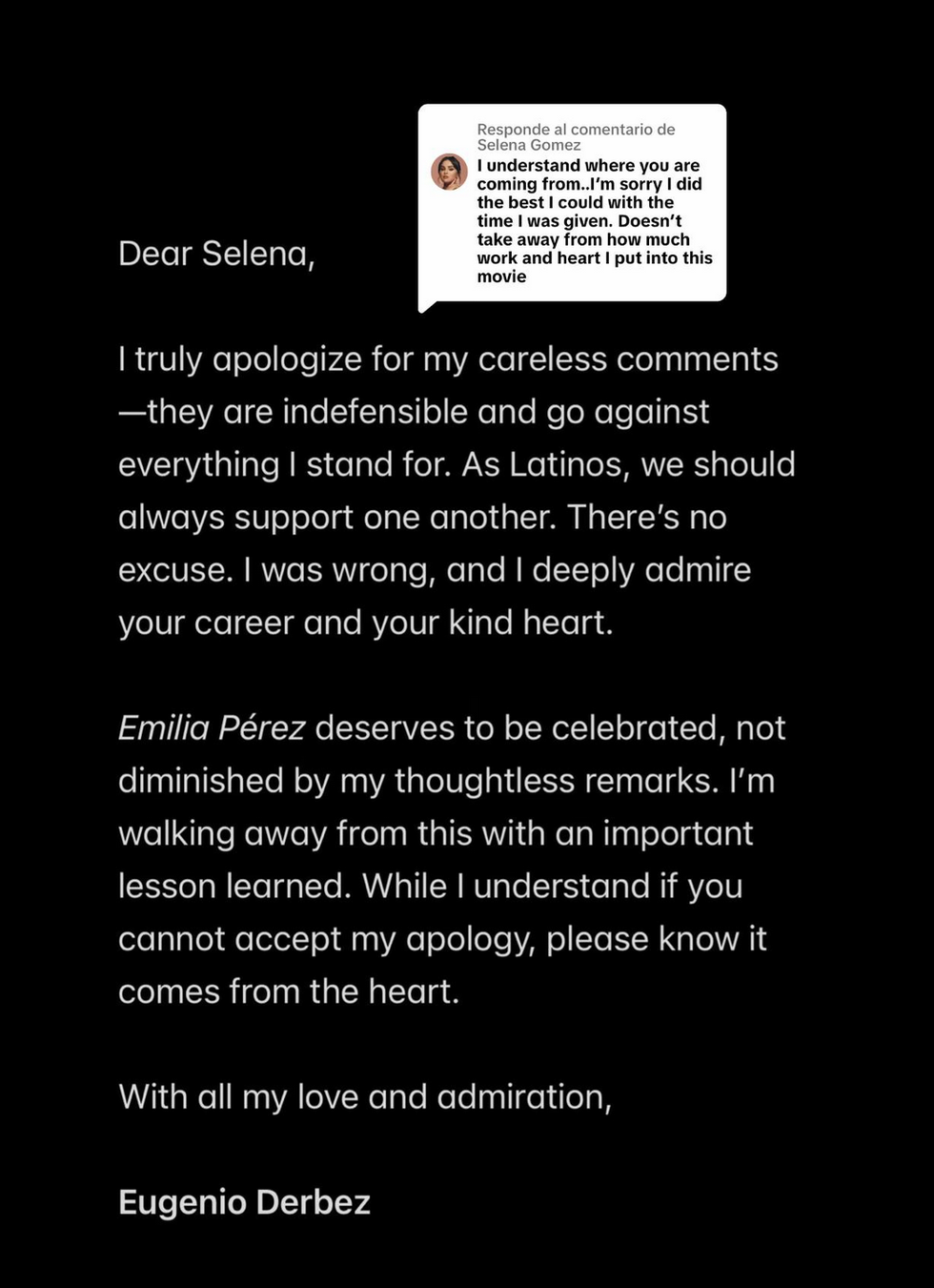 @ederbez/TikTok
@ederbez/TikTok @elviboreo/TikTok
@elviboreo/TikTok @ederbez/TikTok
@ederbez/TikTok @elviboreo/TikTok
@elviboreo/TikTok @elviboreo/TikTok
@elviboreo/TikTok @elviboreo/TikTok
@elviboreo/TikTok @elviboreo/TikTok
@elviboreo/TikTok